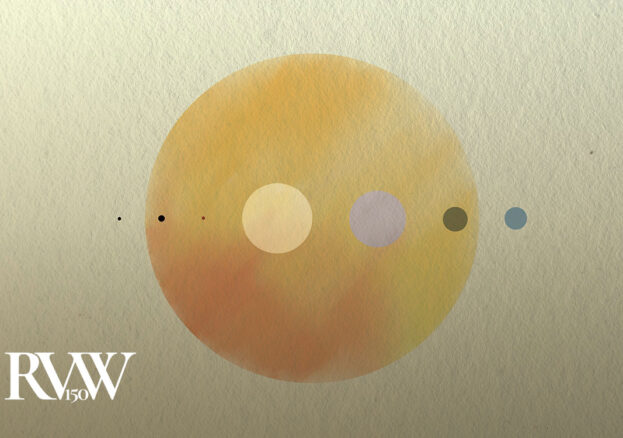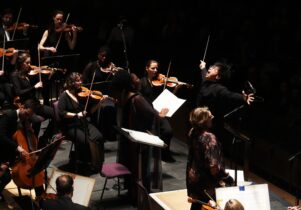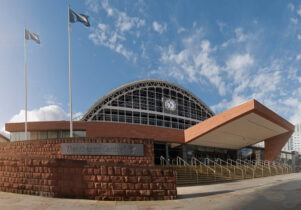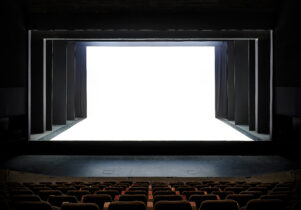The Hallé: Vaughan Williams’ Final Symphony at The Bridgewater Hall
Johnny James, Managing EditorBook now
The Hallé: Vaughan Williams' Final Symphony
Always double check opening hours with the venue before making a special visit.

Part of the Hallé and BBC Philharmonic’s Vaughan Williams symphony cycle marking the 150th anniversary of the composer’s birth, John Wilson, renowned for his outstanding performances and award-winning recordings of British music, returns to the Hallé and to The Bridgewater Hall to conduct two works by lifelong friends: Vaughan Williams’ Ninth Symphony and Holst’s The Planets.
The deaths of Elgar, Delius and Holst, all within a few months of 1934, left Vaughan Williams the senior figure among British composers. Carrying the title of the “Grand Old Man of English Music”, one might have expected Vaughan Williams, at this point well into his eighties, to culminate his symphonic cycle in peace, and yet the Ninth is simply one more exploratory step on a lifelong and unfinished journey.
Vaughan Williams’ willingness to experiment with orchestration and sonorities was a major feature of his two preceding symphonies, and the same is true here. The saxophones and flugelhorn impart a special dark tone-colour to the score of the Ninth, which in some ways is the hardest Vaughan Williams symphony to know; its argument is difficult to follow, yet its emotion runs deep. Written shortly before his death, this final symphony, partly inspired by Hardy’s Tess of the d’Urbervilles, starts in troubled and questing style, the timbre of the saxophone trio imparting a mystical, legendary quality. It ends enigmatically with the haunting sonority of those three now-pulsing saxophones and a shimmer of sharps, as if gazing into eternity.
Written between 1914-1916 by Vaughan Williams’ lifelong friend Gustav Holst, The Planets represents all the known planets of the solar system seen from earth at the time and their corresponding astrological character, from the terrifying battlefield of Mars, to the solace of peace in Venus, the jollity of Jupiter, and the mystic harmonies of Neptune. Fitting for their wildly differing characteristics, Holst gives to each of the planets a different style of orchestration, making the seven-movement suite a wonderfully eclectic experience. Despite the astronomical advances that we’ve seen since Holst’s departure from this planet, his musical journey across the galaxy has never been matched. Perhaps it never will.
Part of Toward the Unknown Region – RVW150.
Full-time students – £3 tickets (£5.50 with booking fees)
Anyone aged 30 and Under – 15% off the first three prices






























